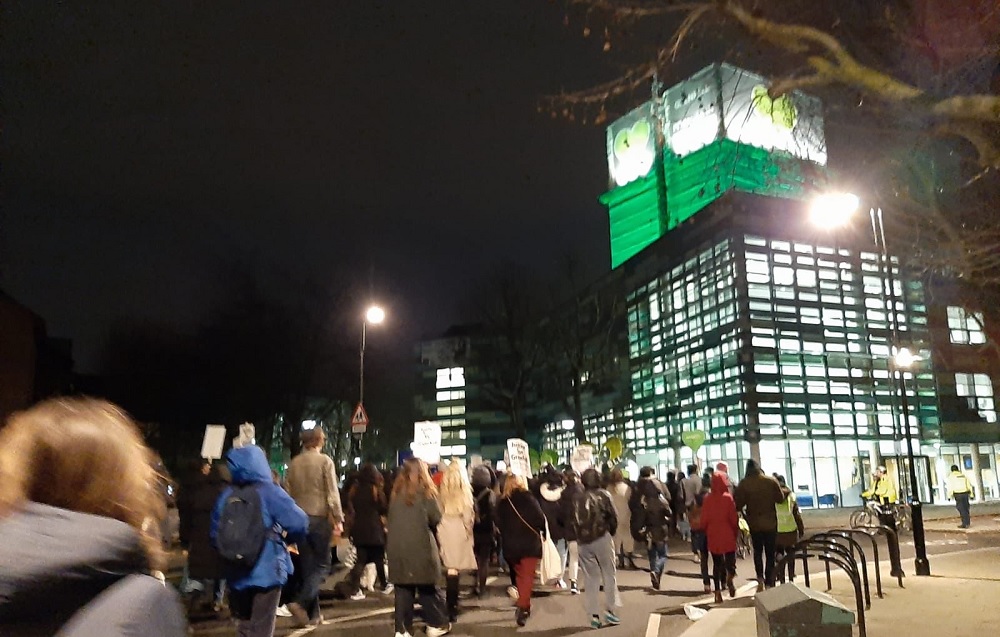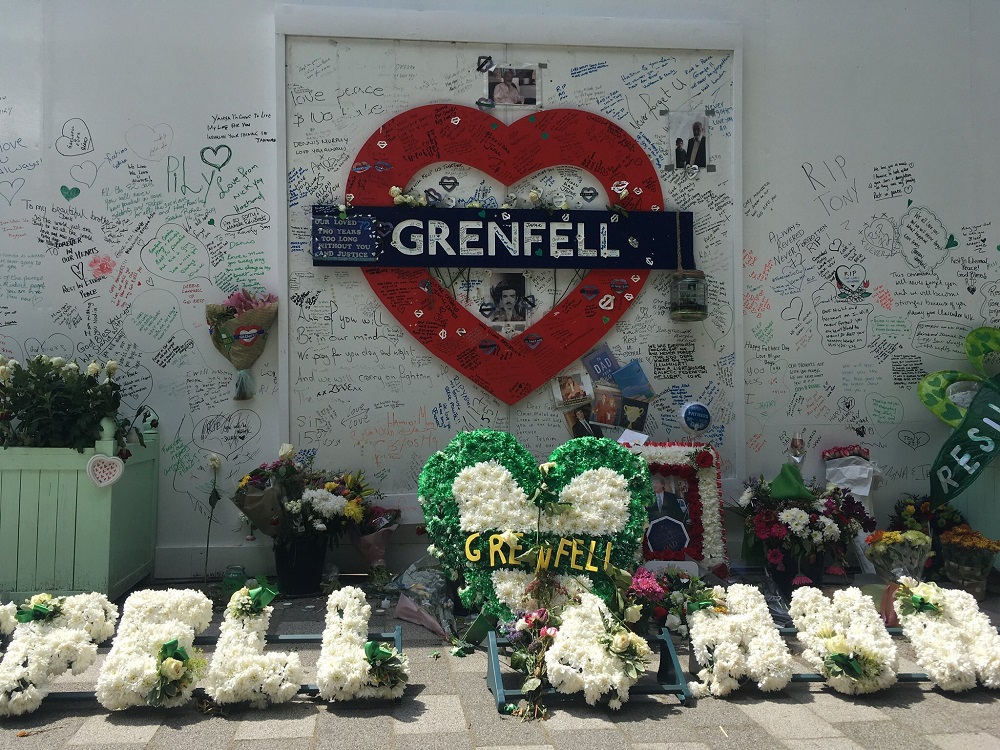More than 150 buildings in London are still wrapped in highly flammable Grenfell-style cladding – almost three years on from the fire, Government figures reveal.
Ministers pledged to strip aluminium composite material (ACM) from tower blocks across the country in the wake of the devastating blaze.
The Grenfell Tower disaster claimed the lives of 72 residents, when fire spread rapidly from a single flat through the cladding of the North Kensington block, engulfing it in flames.
But with the third anniversary of the fire on 14 June, 163 buildings in the capital are still covered in the flammable casing.
In total, 247 ACM-clad buildings have been identified in the capital – meaning almost two thirds are yet to be fixed.
This includes six student blocks, 12 hotels, 25 social housing projects, and 119 privately owned residential buildings.
Some have started work, and most now have plans in place to remove dangerous ACM – although four hotels do not, according to the latest data.
Just 84 buildings have had their cladding removed – 50 are completely renovated, seven are awaiting final sign off, and 27 have had cladding stripped but other works are not finished.
The figures come as a damning report by Parliament’s Housing, Communities and Local Government Committee said ministers are not spending enough to make all buildings safe.
The committee welcomed the Government’s £1 billion ACM fund – but said all types of flammable casings on high rise buildings should be removed.
NOW READ: Police must do better, says senior officer
Ministers are “trying to find ways to fit a £3 billion liability into a £1 billion funding pot”, according to the report.
And too many residents are yet to find out if their buildings are safe – with the last three years proving that “building owners simply will not ‘do the right thing’”, it claimed.
Speaking at the London Assembly, London’s fire chief Andy Roe said work to fix dangerous buildings has not happened fast enough.
“To be fair to central government, this is a wicked problem to solve,” he told the the Assembly’s fire, resilience and emergency planning committee.
“But actually I do think that politicians across the spectrum have absolutely heard and understood the nature of this risk.”
And London’s Deputy Mayor for Fire and Resilience, Fiona Twycross, said cladding work remains a priority – classed as ‘essential’ construction work, in spite of the coronavirus outbreak.
“Across all levels of Government people are aware there is still a problem and that this work cannot be delayed because of the pandemic, where other parts of the construction industry understandably and rightly slowed down,” she said.
But Labour Assembly Member Leonie Cooper said the latest figures on cladding were worrying – and all ACM must be removed as soon as possible.
“The tribute that the people from Grenfell really want is that there are not still buildings with this cladding on them – and that others may face what they had to face on that awful night three years ago,” she said.
For the latest headlines from the City of London and beyond, follow City Matters on Twitter, Instagram and LinkedIn.








